Alumni Association
A vibrant and dynamic community envisioned to cultivate enduring connections, propel professional growth, and celebrate the collective journey of our esteemed alumni.
We invite you to be a part of the association in this exciting journey. As a member, you will have the opportunity to build lasting connections, share invaluable insights, and actively participate in our community.
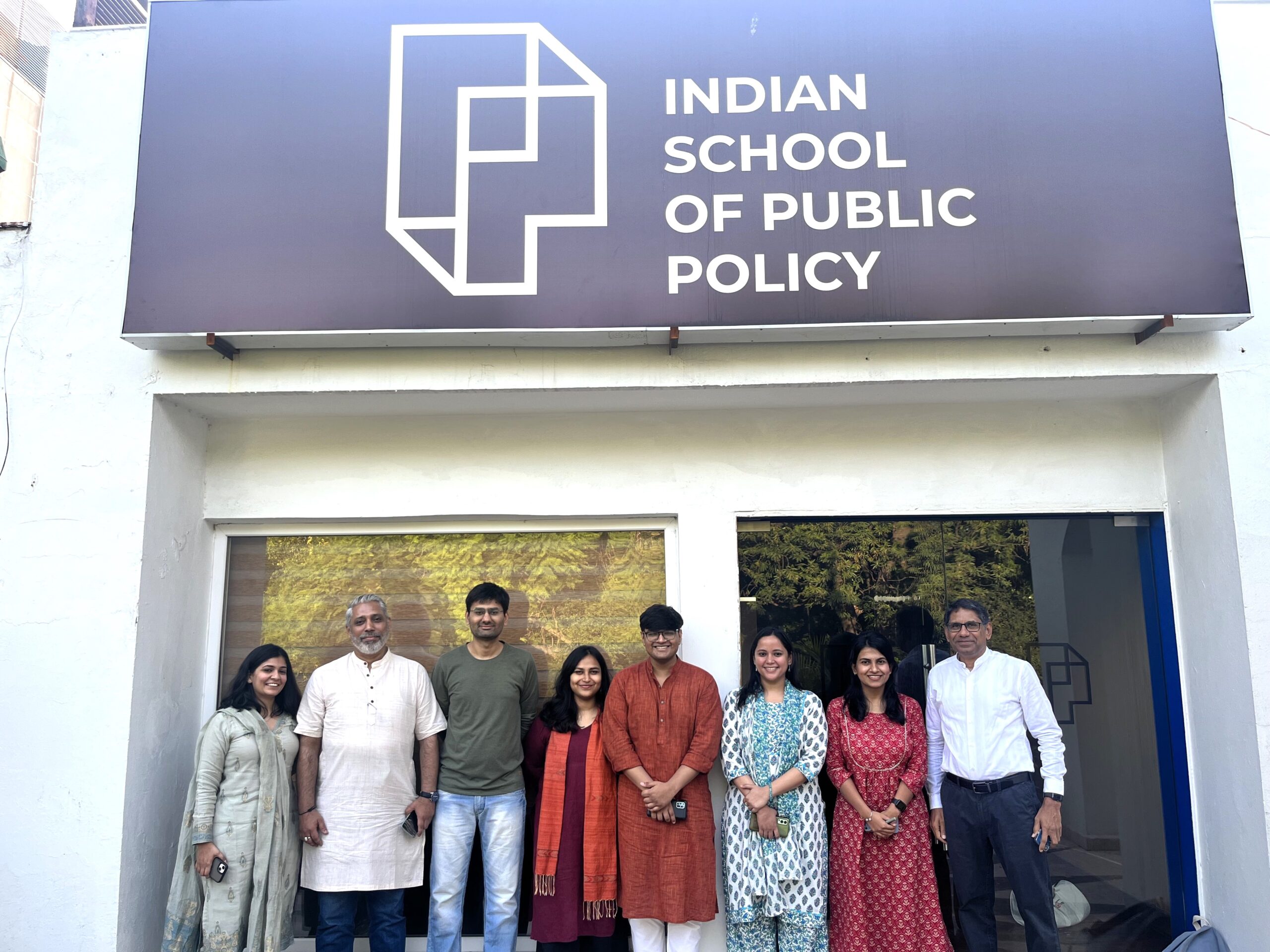
The Indian School of Public Policy (ISPP) was established in 2018 to redefine public policy education in India. Its focus on SPELL—Skills, Political economy, Ethics, Leadership, and Lifelong learning—has made it the foremost institution for nurturing next-generation policy leaders for a rising India. As ISPP continues to expand its course offerings and training programs, its alumni play a vital role in shaping the public policy landscape in India.
To foster lifelong connections among its alumni and promote continuous learning, ISPP has unveiled the ISPP Alumni Association.
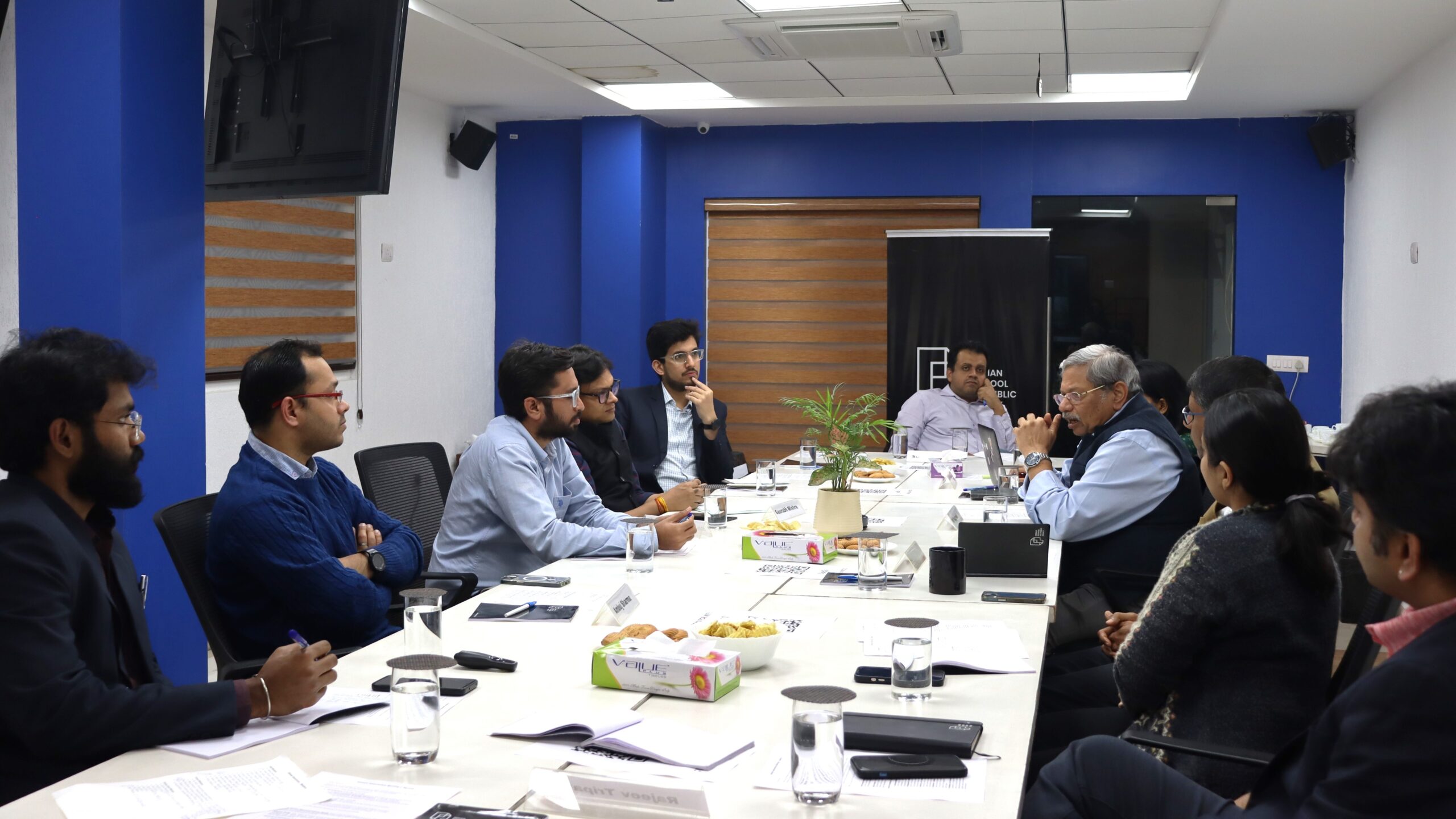
The Association has three fundamental objectives.
- Firstly, it aims to create a vibrant community among alumni, providing them with a platform for mutual support in both personal and professional endeavours.
- Secondly, it seeks to maintain enduring connections with ISPP and its esteemed faculty, ensuring a perpetual link with the roots that have shaped individual and collective journeys.
- Lastly, the Association is committed to contributing to the growth of future scholars at ISPP by empowering them through mentorship and sharing valuable experiences.
Together, these objectives form the foundation of the Alumni Association, creating a network that extends beyond graduation and enriches the ISPP community. To learn more about our alumni association, please refer to the founding document at this link.
ISPP Alumni Association
The Association envisions a four-tiered structure. This has been elucidated in this section.
1. Governing Board: At the apex of the Association, the Governing Board is entrusted with strategic oversight, comprising ISPP Founders Parth Shah and Luis Miranda, and senior faculty members, Prof. OP Agarwal and Prof. K K Ladha. The board provides visionary leadership and guidance to steer the association’s mission.
2. Batch Alumni Representatives (BAR): BAR holds an equivalent status to the Council. It consists of two representatives from each batch of PDM and LokNeeti cohorts.
3. Alumni Body: The heart and soul of our association, the entire alumni body, comprises all ISPP alumni. They actively participate in the Association’s activities, offer valuable feedback, and engage with council members and batch representatives.
4. Council of Members: Take charge of key verticals:
Communications Vertical

This vertical manages public relations, social media, and various media outlets, such as newsletters spotlighting alumni achievements. Its mission is to foster engagement and strengthen the sense of community connection.
Engagement Vertical:

Serving as a vital bridge between ISPP and alumni, this vertical orchestrates a diverse range of academic and non-academic events. Its objective is to promote interaction, fortify the alumni network, and nurture enduring connections.
Learning and Development Vertical:

This segment focuses on nurturing alumni growth and development. It offers mentorship, career guidance, discussion platforms for professional development, and networking and skill enhancement opportunities.
Institutional Relations Vertical:

Enhancing collaboration and communication between the alumni community and the institution is the goal of this vertical. Facilitating strong ties bolsters mutual growth and engagement, reinforcing our shared commitment to ISPP’s mission.
Fundraising and Financial Initiatives Vertical:

With an eye on sustainability and expansion, this vertical engages in fundraising efforts and financial initiatives. It mobilises alumni contributions, forges partnerships, and seeks sponsorships to support a spectrum of programs, events, and projects benefiting the alumni community and the institution.
Governing Board

Parth J. Shah
Co-Founder & Dean, ISPP, Founder President at Centre for Civil Society
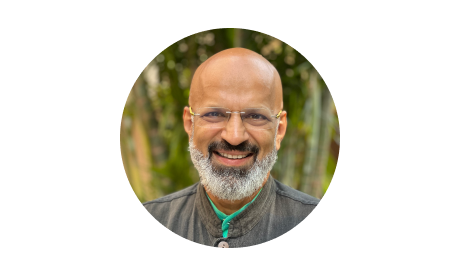
Luis Miranda
Chairman, Centre for Civil Society & Co-Founder ISPP, Founder and Former Chairman, IDFC Private Equity, Member Global Leaders Group, Chicago Booth
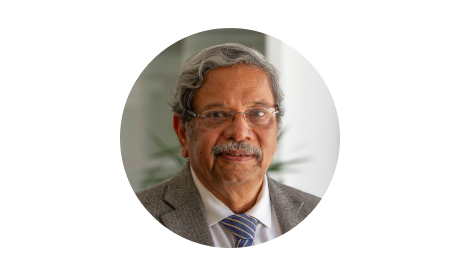
Dr O.P Agarwal
Professor of Practice, ISPP

Krishna Ladha
Professor at ISPP, Distinguished Fellow at India Development Foundation
Game Theory, Business & Government
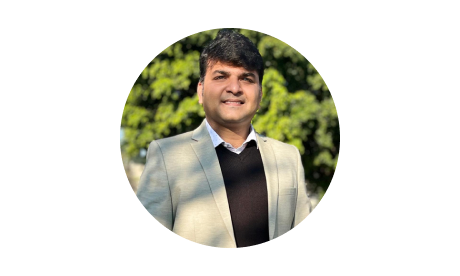
Ram Kamesh J V
Assistant Dean, Executive Education & Outreach

Urvashi Shahi
Senior Fellow
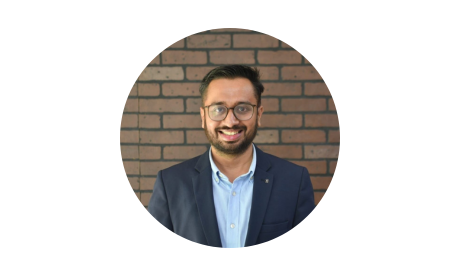
Jay Gohil
PDM 2023
Communication & Outreach Director, India Development Foundation (IDF)
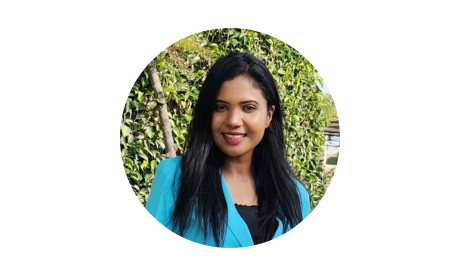
Rubal Bansal
LokNeeti March 2023
Learning and Development Director, Analysys Mason

Saurabh Mishra
PDM 2022
Community Engagement Director, Ministry of Housing and Urban Affairs

Mansi Srivastava
LokNeeti September 2023
Institutional Relations Director, PwC
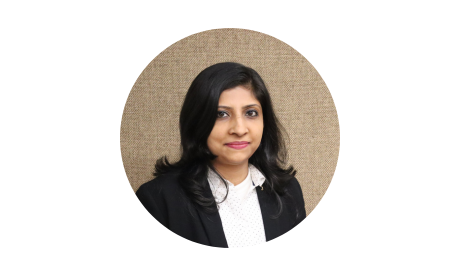
Sahana A
LokNeeti May 2022
Fundraising and Finance Director, Hombale Group
Council of Members

Jay Gohil
PDM 2023
Communication & Outreach Director, India Development Foundation (IDF)

Mansi Srivastava
LokNeeti September 2023
Institutional Relations Director, PwC

Rubal Bansal
LokNeeti March 2023
Learning and Development Director, Analysys Mason

Sahana A
LokNeeti May 2022
Fundraising and Finance Director, Hombale Group

Saurabh Mishra
PDM 2022
Community Engagement Director, Ministry of Housing and Urban Affairs
Batch Alumni Representatives (BAR)
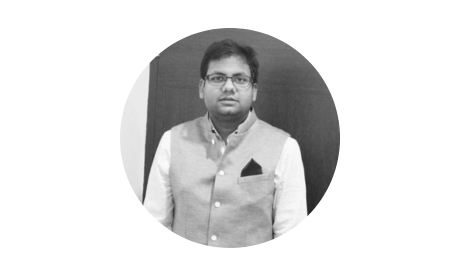
Adarsh Ashok
LokNeeti December 2022
Consultant
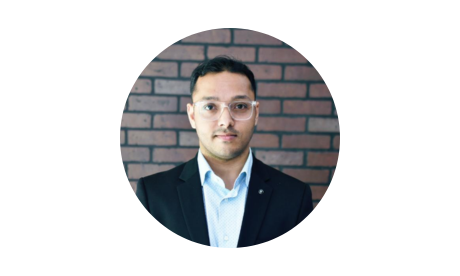
Ambuj Sharma
PDM 2023
Assistant Manager- Public Affairs, Genesis BCW
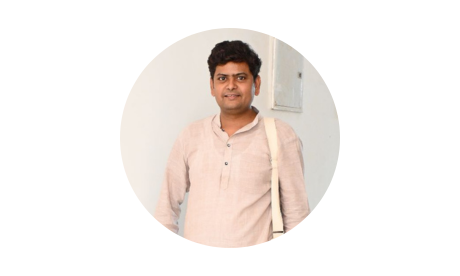
Amit Gupta
LokNeeti March 2023
Managing Director, Neeti Varta Policy Research Institute

Ananya Khanna
LokNeeti December 2022
Advocate, Supreme Court of India
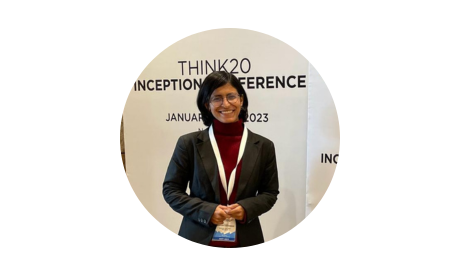
Anviti
PDM 2022
Programme Associate, Antara Foundation

Jasmine kaur
LokNeeti May 2022
Senior Fellow, Centre For Global Affairs and Public Policy
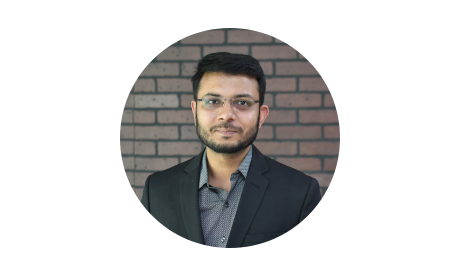
Kumar Nihal
PDM 2023
Associate Consultant, KPMG India
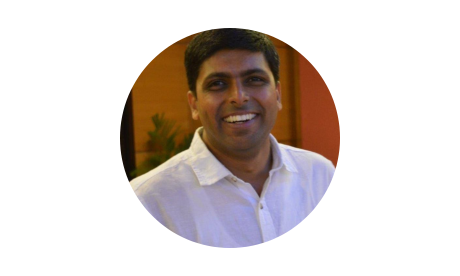
Pradeep Kumar Goshetty
LokNeeti September 2023
Advisory & Consultant (Self-employed)

Priyanka Tibrewal
PDM 2021
Associate Municipal Law and Policy, Janaagraha Centre for Citizenship and Democracy
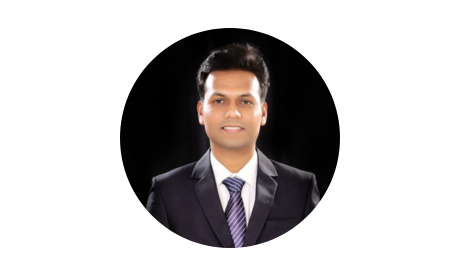
Sachin Wayal
PDM 2021
Assistant Director Khelo India, Sports Authority of India
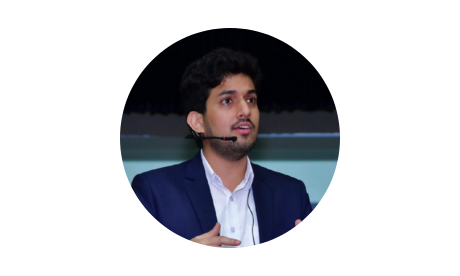
Shashank Mishra
PDM 2020
Senior Associate Technology, National Institute of Urban Affairs (NIUA)

Sourabh Babel
LokNeeti March 2023
Financial Analyst, Rafigura
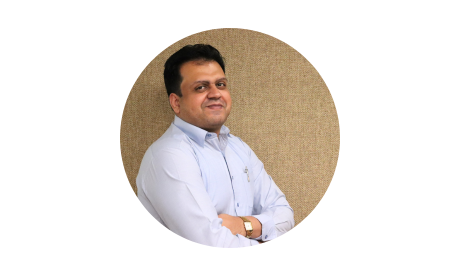
Sumit Aggrawal
LokNeeti May 2022
Project Manager, Infosys
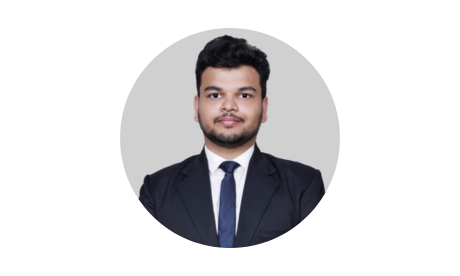
Tushar Goel
PDM 2020
Product Manager Intern, JM Financial Ltd
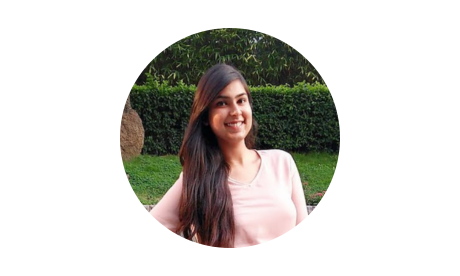
Vyoma Dadhich
PDM 2022
Associate Consultant, PwC India
Interim Council Members
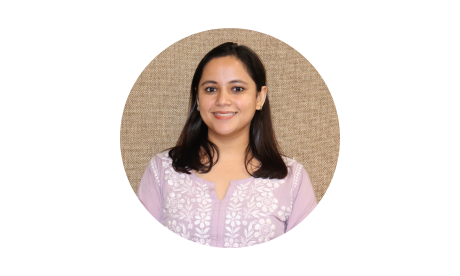
Apoorva Bhatnagar
Manager-Research and Impact, Dream a Dream
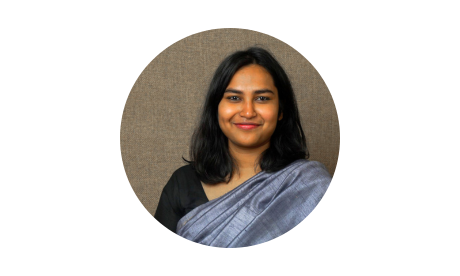
Boijayanti Sarker
Assistant Manager Health and Nutrition, MSC-Enabling inclusion in the digital age
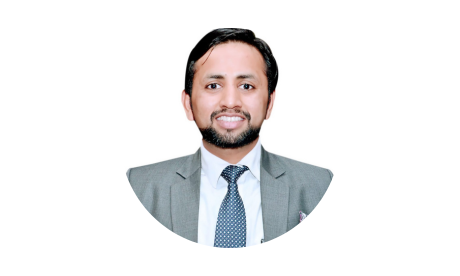
Rahul Gupta
Founder Chartered Accountants, M R T & Associates, Chartered Accountants
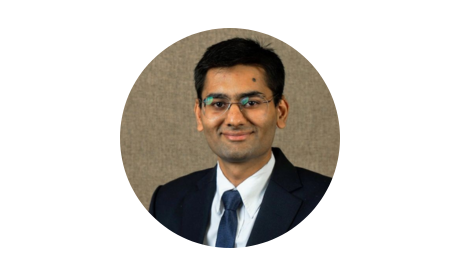
Himanshu Burad
Officer on Special Duty (OSD) to ACEO & MD, ABDM, National Health Authority (NHA)
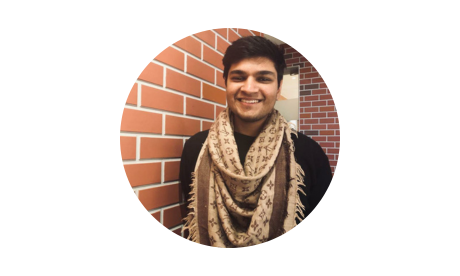
Ishan Gupta
MPP candidate, University of Chichago
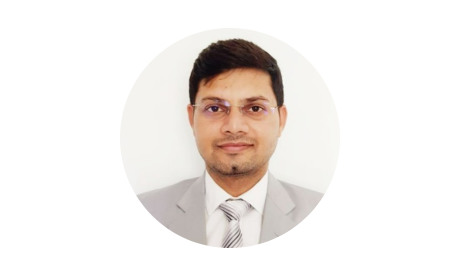
Nipun Rathi
Public Policy Specialist, OPPO

Prachi Mishra
Co-Founder & CEO, The Quantum Project
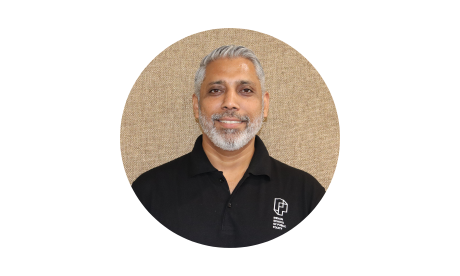
Rajeev Tripathi
Vice President Legal & CPIO, Goods And Services Tax Network
Election Process
Round 1: Election of Batch Representatives for BAR (elected for each batch of respective programmes by the Batch alums)
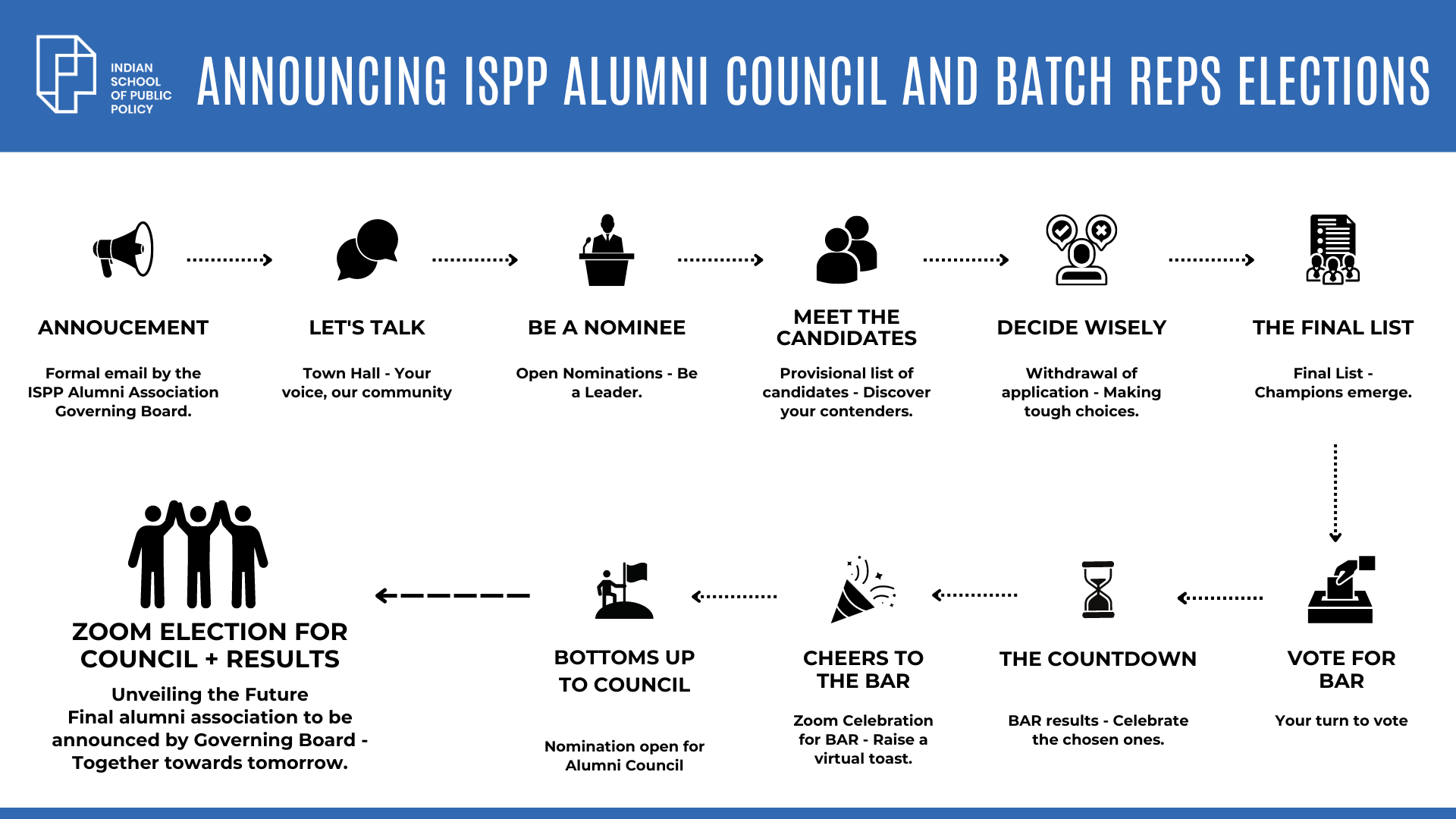
Graduates from various courses offered by ISPP will be eligible to vote for 2 representatives from their respective batches to serve on the “Assembly of Batch Representatives” (BAR) for a term of 1 year. The following batches are eligible:
- PDM – 4 Batches (2020, 2021, 2022, 2023)
- LokNeeti – 4 Batches (May 2022, December 2022, April 2023, September 2023)
- Executive Education – Calendar year-wise executives as Batch (Calendar Year 2022)
The total number of elected members will be 18.
Eligibility for candidature
Except for the Interim Alumni Council members, any Alumni from the respective batches detailed in point no.1 can nominate themselves as candidates for the BAR elections.
Process of nomination
The candidate shall be self-nominated through a Google form to be circulated.
Number of terms for the BAR
There is no restriction on the number of terms for a candidate to be a member of the BAR until elected as a Council Member.
Election process for the BAR:
- Alums are to submit their nomination for the BAR during the dates open for nomination via the forms circulated.
- Voting is to be conducted online via Google Forms.
- First Past the Post (the two persons getting the maximum number of votes wins).
- Each alumni votes for 2 candidates from their respective batches.
- The top two people with the maximum number of votes from each batch shall be chosen for constituting the BAR.
Points to note:- More than 2 nominations received –The election process for the BAR, as detailed above, is to be followed.
- In case there are only 2 nominations received – Both will be elected as BAR of the batch unanimously.
- In case there is only 1 nomination or zero nominations received – The window for the nomination will be further opened for 1 or 2 days with the facts to the alums of the batch.
- If there is only 1 nomination or zero nominations received after – Respective seats will lie vacant for that term of the BAR
The elected Batch Representatives subsequently contest among themselves to form the Alumni Council (only for 1st-time election, as a candidate for the following election of Council Members will be the past BARs)
- For the 1st time election, we will finally have a minimum of 13 BARs and 5 Council Members with an assumption that at least one of the Batch Representatives will remain in the Assembly of Batch Representatives or say both of the BAR of the Batch are not elected as Council Members.
- In case of election of both the BAR of a certain batch, the alumni ranked 3 in the election result of the BAR will become part of the current BAR unanimously (only if there were 3 or more nominations and elections were conducted).
Round 2: Election of Council Members (elected from the BARs, by the BARs)
After the successful election of BARs for the term, the BAR will nominate for the following positions in the Council.
- Outreach Director
- Alumni Engagement Director
- Learning and Development Director
- Institutional Relations Director
- Finance and Fundraising Director
Eligibility for Council candidature
Except for the current running election, the candidates for the Council shall be the past BAR.
Electorate for the Council
The current BAR membership.
Term of the Council and maximum terms a candidate can be a member of the Council
Two Years and two terms after which there shall be a cooling off term before the candidate can self-nominate for a Council position.
Term of the Council and maximum terms a candidate can be a member of the Council
Two Years and two terms after which there shall be a cooling off term before the candidate can self-nominate for a Council position.
Modus Operandi for the election of the Council:
a) Position-wise nomination – BARs to submit their nomination for the various posts in the Council during the dates open for nomination (one person one position nomination).
b) Open to all (i.e., no reservation for batch type) – 13 BAR members after the election of Alumni Council (five in number).
c) First Past the Post (FPTP) will be used. (BAR membership selects amongst the available candidates, select ‘yes’ for an available candidate or leave blank)

